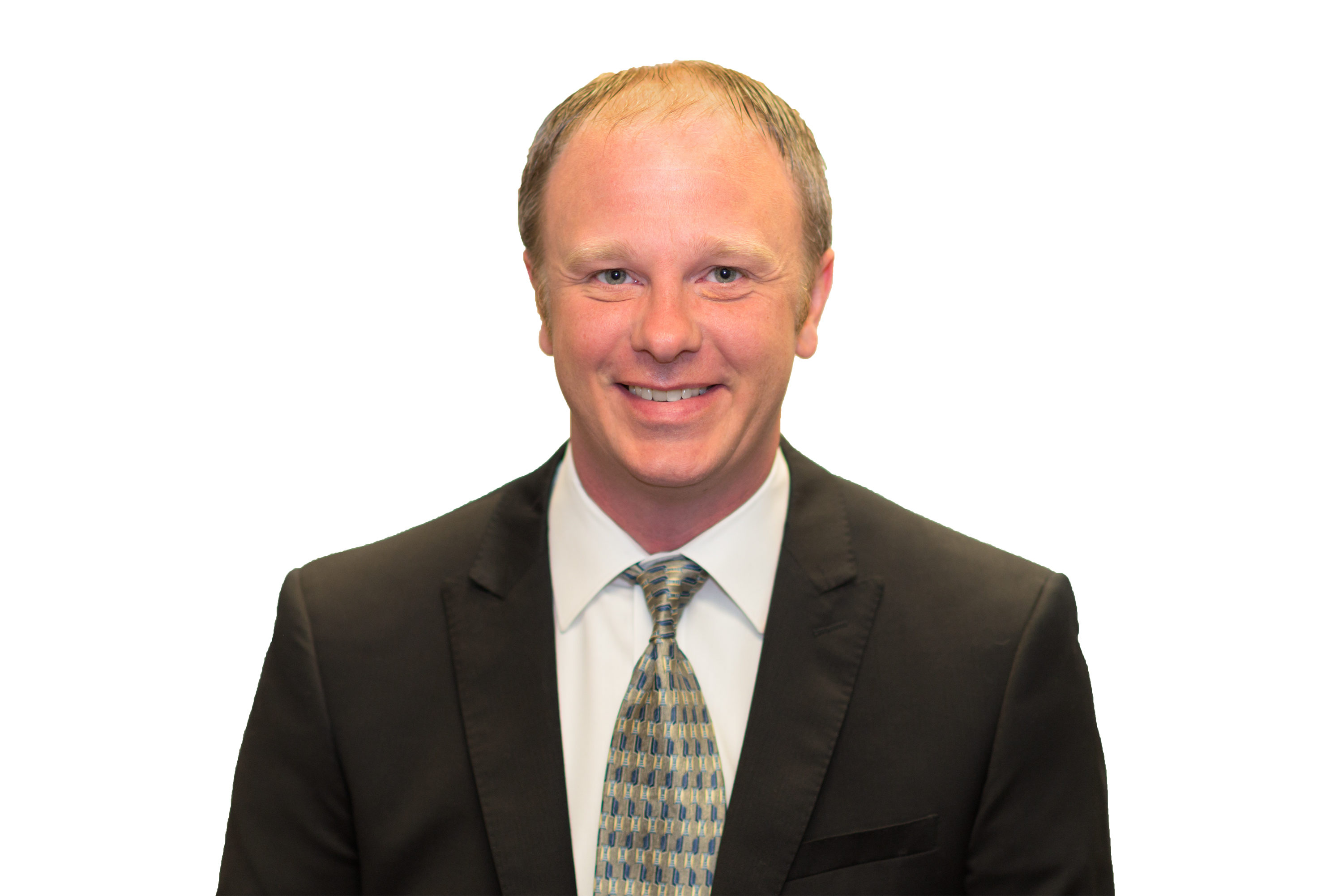Rehmann is a top 50 firm (#38 on the 2018 Accounting Today list) with 24 offices across Michigan, Ohio, and Florida. Its firm-wide assurance department requests thousands of (primarily bank) confirmations every year. Initially, Rehmann rolled out the Confirmation platform to only a few offices, but once the faster confirmation replies and overall time savings became evident, use of Confirmation quickly expanded throughout the company and is now a tool that the entire assurance department, more than 200 auditors, relies on daily.

Brent Pruim, now a Strategic Analyst with Rehmann, started with the company as an auditor himself, managing audits and preparing tax returns. Today, he's the tech liaison for his department, the leader of the information technology general controls team, and a member of his department's IT subcommittee. In his current role, Pruim is responsible for leading the charge to ensure Rehmann is identifying the audit of the future. Pruim often speaks at industry events - for organizations like AICPA, the MICPA (Michigan), GFOA, AGA, MTA, and more - about this exact topic; about how technology is changing and will change the audit and tax industries. Day-to-day, he makes sure Rehmann is taking advantage of the efficiencies offered by emerging tech in the industry, including how Confirmation fits into his charge of leading the company toward the future.
Pruim's audit experience includes both public- and private-sector audits, security being an equal concern between the two. "Our clients are very busy people - they want to make sure the data they share with us is secure, but don't want to spend a lot of time managing the risks that come with sharing this type of information," he says. "With paper confirmations, we would request that clients complete a confirmation form using a MS Word or Excel document, then print, sign, and send it back to us. That's a very time-consuming process and certainly not the most secure way to share confidential information."
Since instituting Confirmation, these transactions have become much easier and far more secure. Pruim explained, "It's helped us organize a very routine part of our audit process. We have been able to streamline that process and stop chasing paper. Confirmation gives us and our clients a great level of comfort that we no longer have confidential information on pieces of paper floating around in the mail."
“Confirmation gives us and our clients a great level of comfort that we no longer have confidential information on pieces of paper floating around in the mail.”
Brent Pruim, Rehmann Strategic Analyst
Pruim and his IT team use various security measures when evaluating partnerships, so to have his and Rehmann's seal of approval on the security of Confirmation speaks volumes. Security comes in many forms. The status of each confirmation is now always at the ready, eliminating uncertainties that come along with the paper process. No more wondering about the mail delivery time, or who mailed what and when. Two-way communication via Confirmation relieves this concern. As Pruim puts it, "With Confirmation, you can utilize notifications, and if you're questioning whether something is coming in or being processed at any point, you can simply check - it's all at your fingertips."
Pruim continued, "Before using Confirmation we could be chasing down paper confirmations for weeks. We would call the financial institution, and they might say they never received anything, meaning you have to contact the client and inconvenience them to sign a new confirmation so you can mail it out. Avoiding issues and uncertainties like this can end up saving us several hours over the course of a single engagement." Simply put, there were no warm fuzzy feelings before. Now, the answers are all one click away for Rehmann's audit teams.
Pruim trains associates on using Confirmation and assists the clients when necessary. Along the way, Pruim has picked up on several key benefits to both his colleagues at Rehmann and the firm's clients.
Better Client Relationships
Pruim stresses the importance of the initial communication with a client — letting them know they’ll be receiving emailed confirmation-related requests from Confirmation, what that means, and from there, firm-to-client communication through Confirmation becomes a very self-sustaining process.
And that's a good thing for Rehmann's client relationships, says Pruim. "Once we explain that we're utilizing this technology to make things easier and more secure, they get it immediately. They click a button in their email - which authorizes us to confirm accounts with just one click. From my side, that's what most enhances the client experience - we don't have to keep going back to them and making requests."
"Clients authorize us with one click. That's what most enhances the client experience - we don't have to keep going back to them and making requests."
Brent Pruim, Rehmann Strategic Analyst
Better Audit Notes
Another great benefit of using Confirmation, is that if and when an unexpected balance turns up, Pruim's team is able to re-confirm - at no cost, and right away. "The person who confirms usually responds pretty quickly, too. That interaction with the person doing the confirmation, and the fact you can ask them questions about uncertainties, is a great feature," Pruim shared. This two-way communication results in an audit trail of the process that is easy to follow and can be reperformed. Clear communication makes doing business easier, and the process of audit confirmations is no exception.
For his fellow Rehmann associates in the assurance department, Pruim doesn't have to do much for new Confirmation users beyond providing login credentials and giving a quick overview of the interface. "The system works seamlessly and is very user-friendly. Most of our associates and clients learn the system with just a brief 5- to 10-minute training. We work with numerous forms throughout the audit, and using this technology for confirming accounts gives us the sense that we appropriately performed the confirmation procedure with the proper documentation," Pruim said.
Inspired by the ease of adoption across the audit team, Confirmation has presented an opportunity for Pruim's team to look at new ways of utilizing technology to increase efficiencies. "We're preparing to make the entering of confirmations and mass-batch downloads for each client more of a pooled task, more of an administrative task. Confirmation will really allow us to utilize our time differently. For example, if an associate has an unassigned day in the office, in November or December they can request the authorizations for all of the upcoming audits for the entire office and initiate these confirmations in advance. This allows the task of confirming accounts to be completed before we start the audit fieldwork. Also being able to rely on administrative staff to perform this task frees up our associates' time to be better spent on value added services for our clients." Many other Confirmation users have started to see the benefit of centralizing confirmations in this same way.
While using Confirmation, Rehmann has increased their annual totals of asset, liability, and security confirmations completed by %13 to %20 or more each year. Here's a look at the numbers:
Confirmations Completed
Asset
2016: 1,763
2017: 2,195
2018: 2,904
Liability
2016: 219
2017: 248
2018: 316
Security
2016: 10
2017: 18
2018: 39
For 2018, asset confirmations increased by more than %32 compared to 2017. This means certainty for the firm and its clients is rising, and the assurance department is working with more clarity and accuracy than ever before - and growing that accuracy by the day.
While there are no hard numbers to report, Pruim says ample time is being saved. He notes, "The response time for a confirmation is extremely fast - we'll have some within 24 hours, and that's where the real time savings comes from. There's a lot less back and forth. We complete thousands of confirmations per year, so if we're saving an hour on each one, that's huge. For clients with 20, sometimes more than 30, accounts, we're taking what's essentially a decentralized, time-consuming process and putting it into a very centralized structured process. For those larger accounts, it's amazing how much time you can save."
Efficiency is a timeless key to doing business effectively, and Pruim already has his eye on how the audit business could evolve to become even more efficient in the future.
With his expertise in and exposure to technology advancements within the accounting profession, and the application of those advancements within Rehmann, Pruim is a great resource to provide perspective on what the audit of the future could look like.
While he admits there won't likely be any audit robots going out to perform fieldwork anytime soon, Pruim does see exciting changes on the horizon. His first observation? Technology in the profession is not a fad - it's not going anywhere. "There is a lot of hesitation in our profession to embrace emerging technology and tools, but when I talk to our leadership and Principals they're very open and understand what's coming. They support it and embrace this change. The change is coming fast, and our profession needs to be ready for the ride," he adds.
As for Pruim's perspective on what will define the audit of the future in a single word, it's data. The second word? Advisory-driven. But going paperless is still a big first step for many firms and clients alike. "At Rehmann we're essentially paperless, but industry-wide we're still in a pivotal spot. While we're not rolling out with paper binders to do audits, we're still scanning audit support. We still receive a significant amount of paper from clients. In fact, now that we can confirm via paper through Confirmation, I expect the percentage of our overall confirmations that run through Confirmation, currently around 75 percent, to increase even more," Pruim predicts.
What else does Pruim see when looking ahead? Here's a few things he has top of mind.
When we asked Pruim if “busy season” could ever become a thing of the past, he noted that different industry sectors have different busy seasons now (public vs. private, for example), and that while those spikes could smooth out a bit if the audit process does in fact become more constant, he doubts they will fade entirely.
Only time will tell what the audit of the future holds, but with the steps Rehmann is putting in place, the firm will surely benefit as an early adopter.
There are two ways to locate In-Network responders: By conducting a search and running a report. ...
Read moreLane Gorman Trubitt, LLC (LGT) is a full-service accounting, tax, and assurance firm based in Dalla...
Read moreChallenge Like many firms that use paper audit confirmations, the risk of human error is a pot...
Read moreElectronic audit confirmation workflow: Zinman & Company get efficient with the Confirmation pl...
Read moreHow Interactive Brokers, a giant in the online broker space, uses an API to enable instant, automat...
Read more




